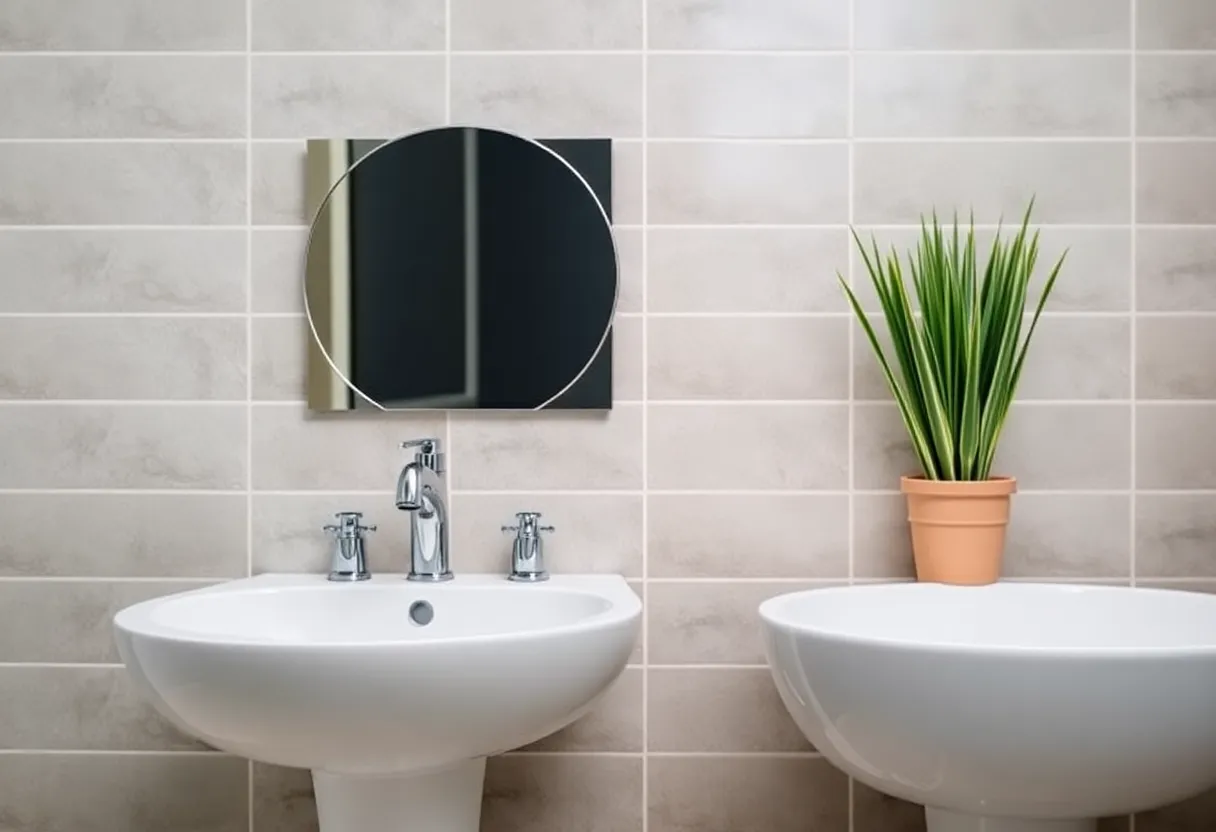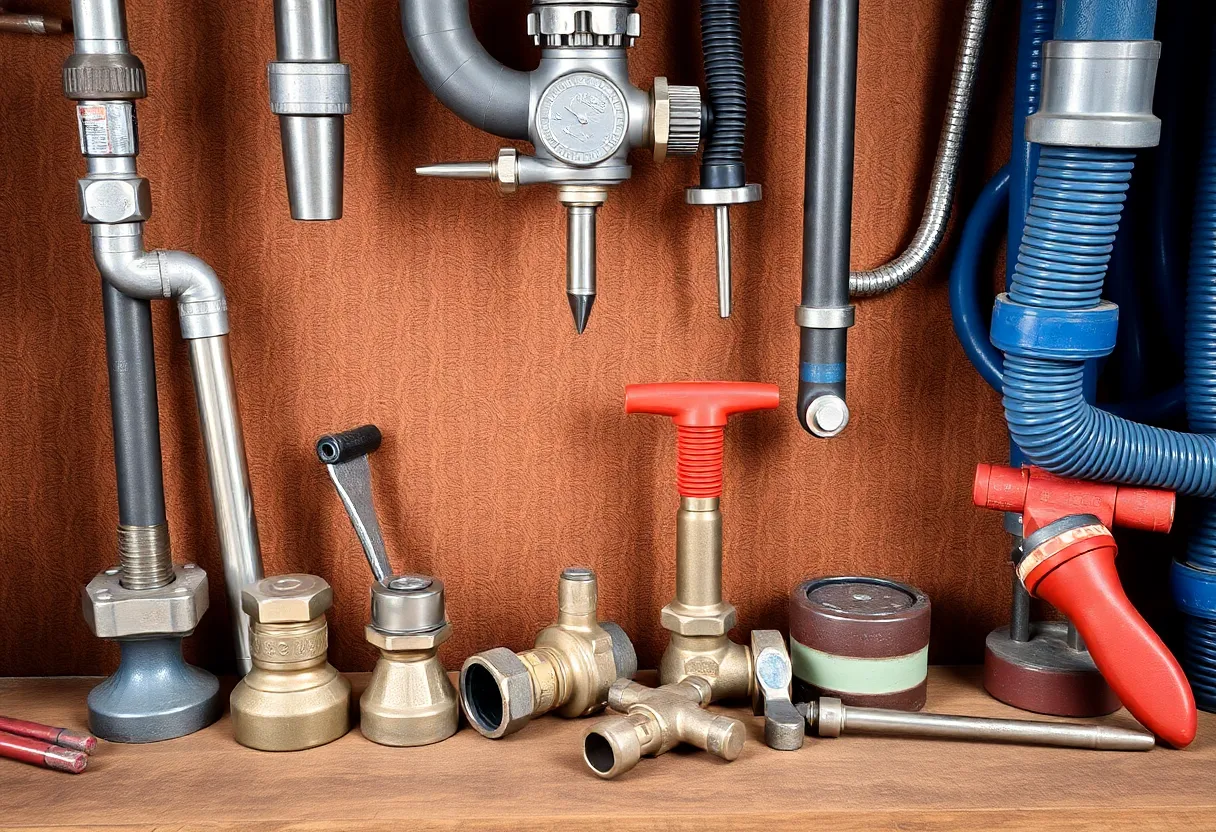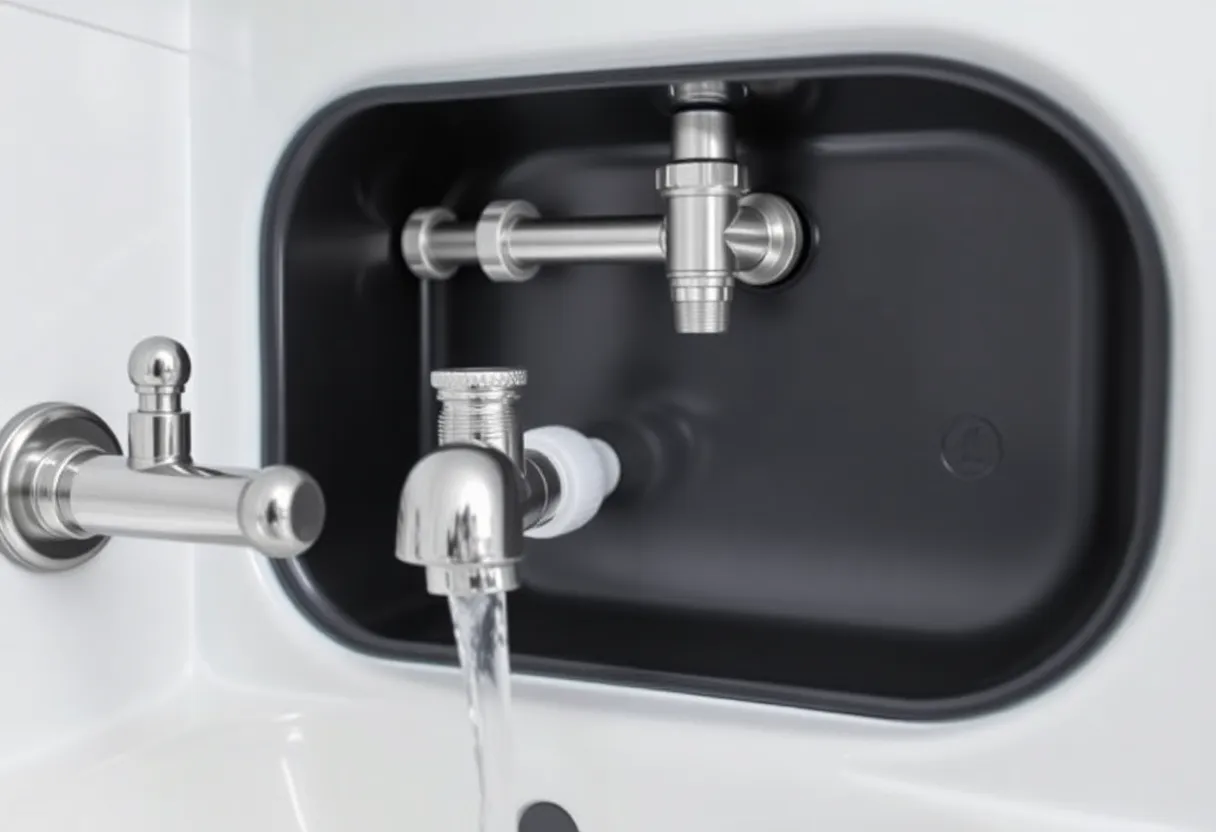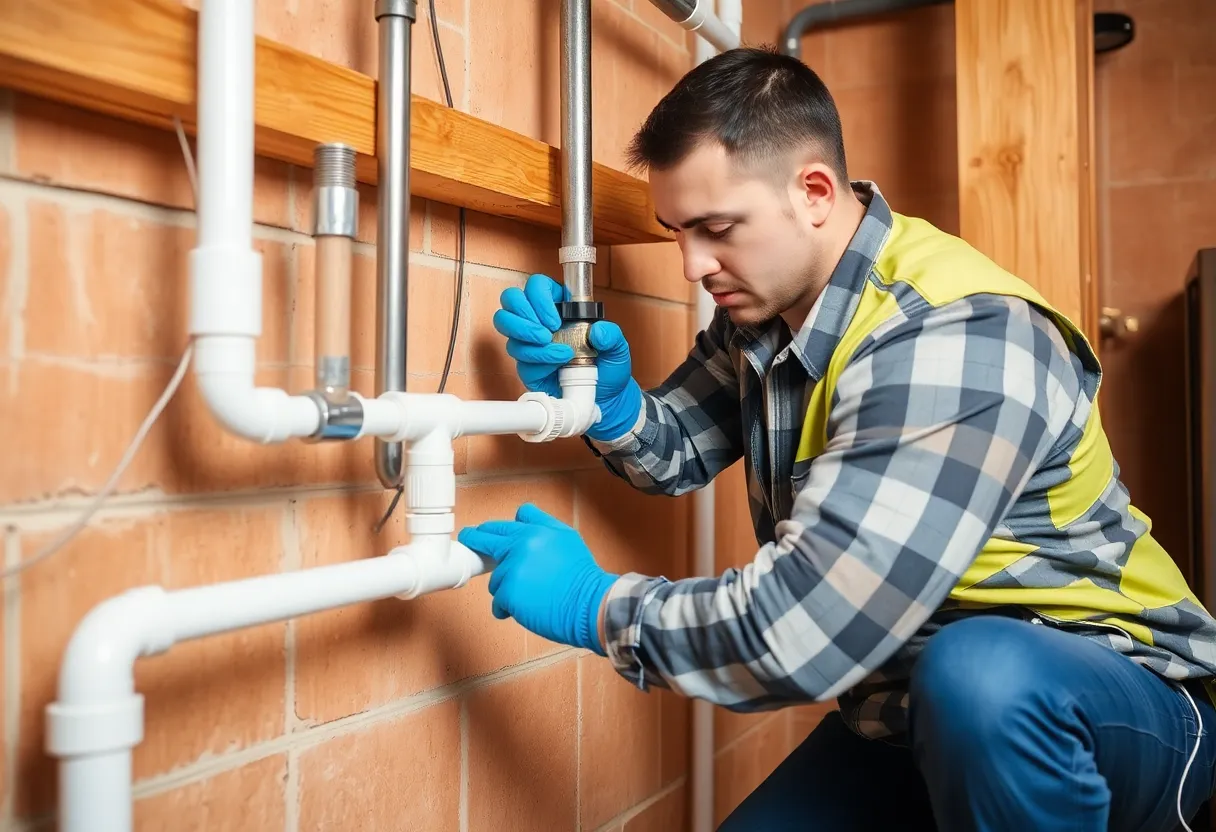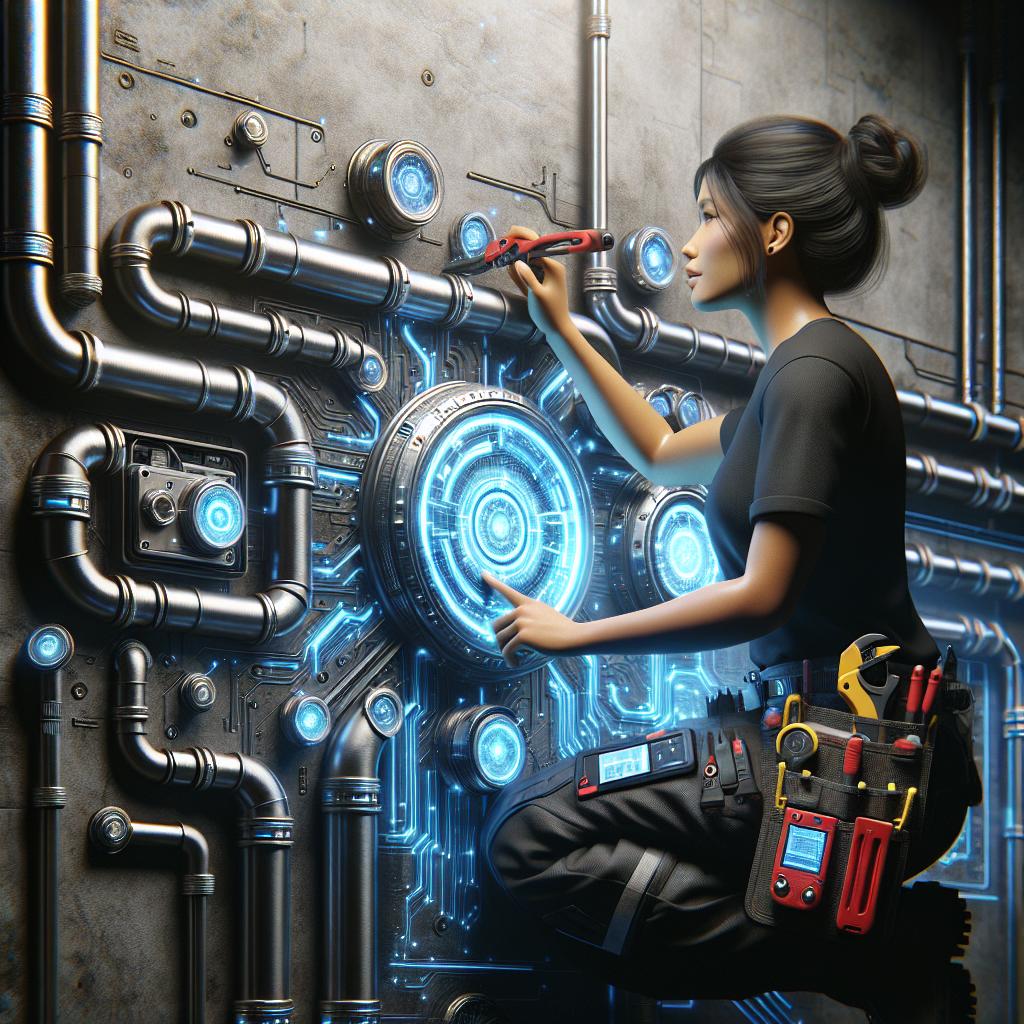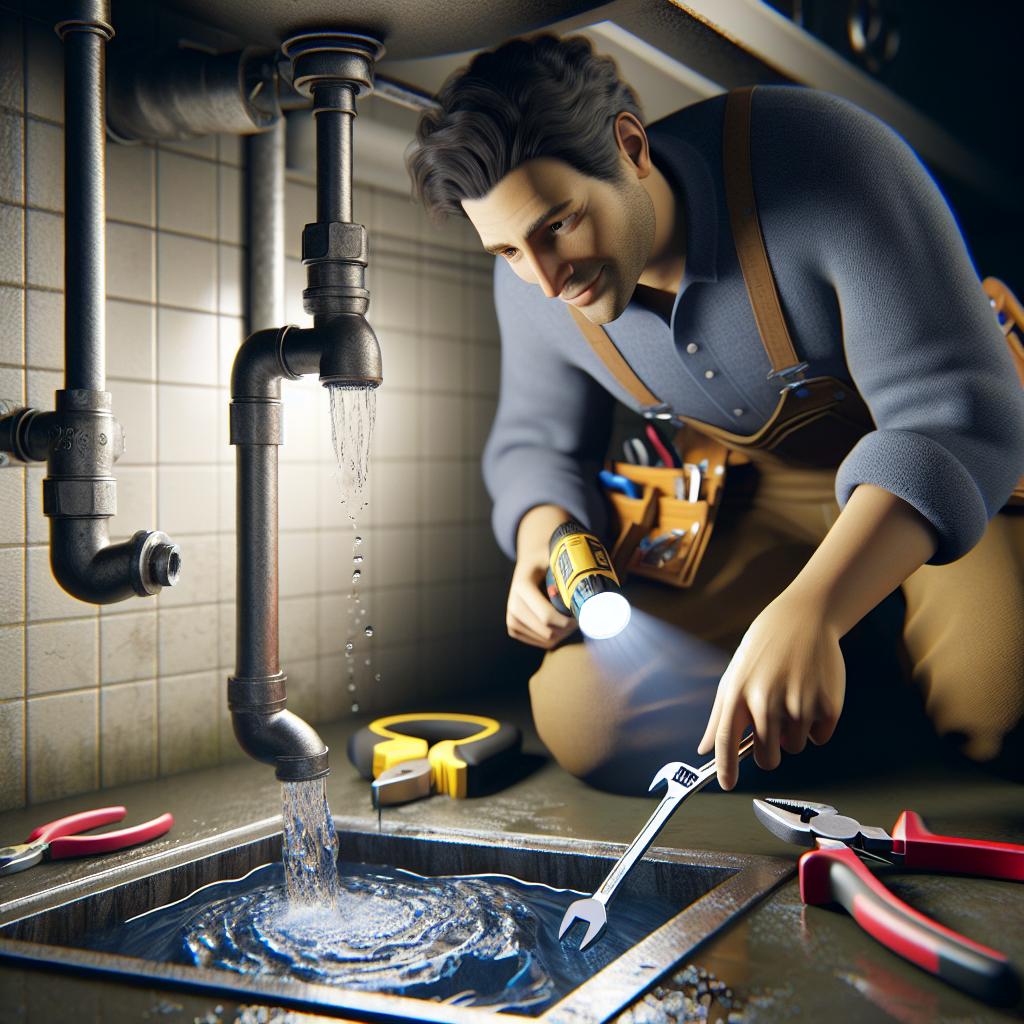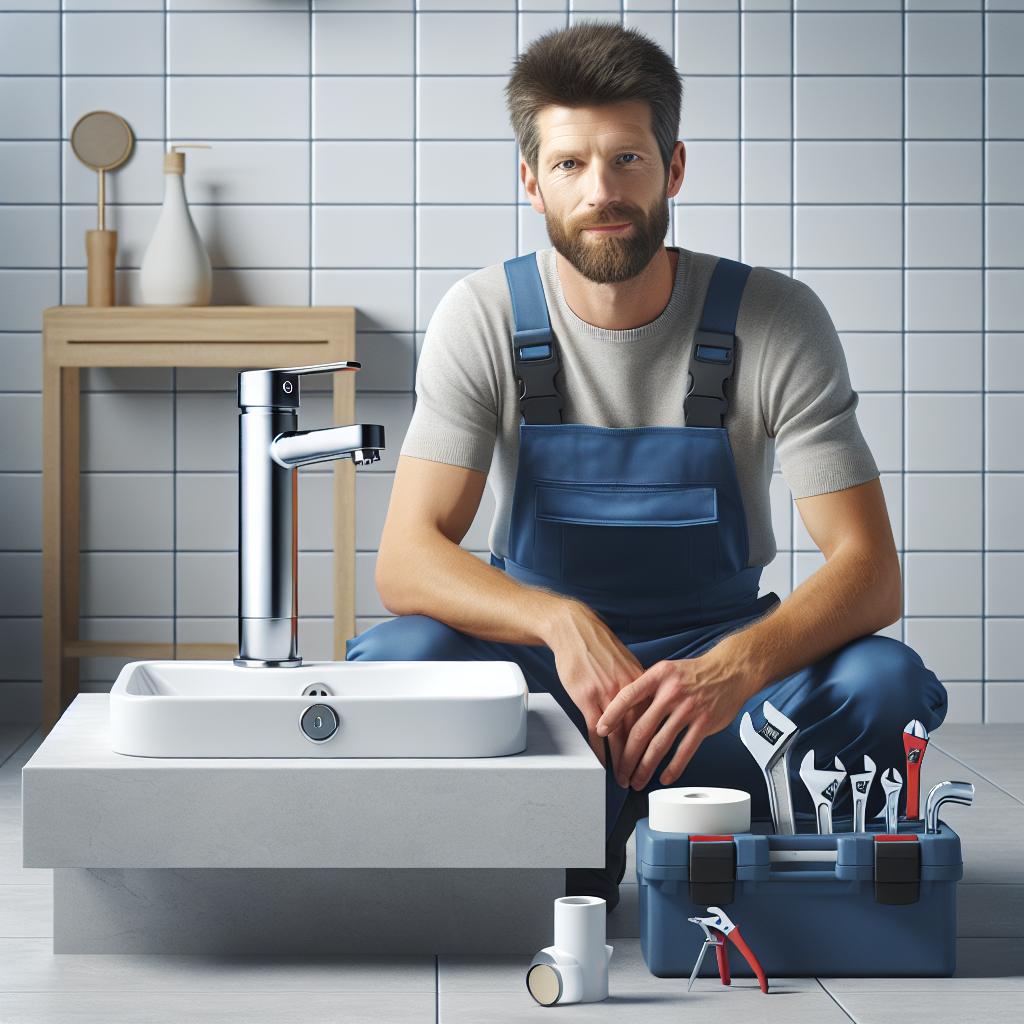The Future of Plumbing: 10 Revolutionary Technologies Set to Reshape Your Home’s Water System
The plumbing industry is often viewed as a traditional field, with many homeowners relying on time-tested methods for their plumbing needs. However, the future is bright with innovation and technology that promises not only to improve efficiency but also to enhance the overall experience of managing water systems in our homes. In this article, we explore 10 revolutionary technologies that are set to transform our plumbing systems, making them smarter, more sustainable, and ultimately more user-friendly.
1. Smart Water Management Systems
One of the most exciting developments in plumbing technology is the rise of smart water management systems. These systems utilize advanced sensors and software to monitor water usage in real-time. Homeowners can track their water consumption remotely using a smartphone app, allowing for better management of water resources.
Features include:
- Leak detection: Immediate alerts when leaks are detected, helping homeowners prevent costly damage.
- Water conservation: Insights on usage patterns to promote sustainable habits.
- Smart scheduling: Automatic adjustment of water use during peak hours or drought conditions.
2. 3D Printing in Plumbing Components
3D printing has revolutionized various industries, and plumbing is no exception. This technology allows for rapid prototyping and manufacturing of custom plumbing fixtures and components. Homeowners will benefit from:
- Customization: Tailored solutions for unique plumbing setups.
- Reduced waste: On-demand production minimizes excess material.
- Cost-effectiveness: Lower manufacturing costs leading to reduced consumer prices.
3. Water Recycling Systems
As the world becomes more conscious of water scarcity, water recycling systems are gaining popularity. These systems capture greywater from sinks, showers, and washing machines, treating it for reuse in irrigation or toilet flushing.
Benefits of water recycling include:
- Environmentally friendly: Reducing the overall demand for fresh water.
- Cost savings: Lower water bills due to decreased consumption.
- Energy savings: Reduces the energy required to pump and treat freshwater.
4. PEX and Flexible Plumbing Solutions
Cross-Linked Polyethylene (PEX) has emerged as a popular alternative to traditional copper and PVC pipes. PEX plumbing systems are flexible, easier to install, and more resistant to scale and chlorine, making them an attractive option for modern homes.
Key advantages include:
- Fewer joints: Reduced risk of leaks from fewer fittings.
- Frost resistance: Less likely to burst in freezing conditions.
- Quicker installation: Lower labor costs due to easier handling and installation.
5. Tankless Water Heaters
Tankless water heaters are fast becoming a preferred choice for many households. Unlike traditional water heaters that store a large volume of hot water, tankless heaters heat water on demand. This has several benefits:
- Energy efficiency: Lower energy bills due to reduced standby heat loss.
- Unlimited hot water: Enjoy hot water without the wait or concern for running out.
- Space-saving: Smaller size means more room in your home.
6. Augmented Reality in Plumbing Design
Augmented reality (AR) is enhancing the way plumbers and homeowners visualize plumbing layouts. This technology allows users to overlay digital images of plumbing systems onto the physical space, making it easier to plan renovations or new installations.
Advantages of using AR in plumbing include:
- Enhanced visualization: Understanding how new pipes or fixtures will fit in your home.
- Reduced errors: Improved accuracy in alignment and installation.
- Greater collaboration: Easier communication between homeowners and contractors.
7. Advanced Filtration and Purification Systems
As concerns over water quality rise, advanced filtration and purification systems offer solutions that ensure clean, safe drinking water. From reverse osmosis to UV sterilization, modern systems can significantly enhance water quality.
Benefits include:
- Health safety: Removing contaminants and pathogens for peace of mind.
- Improved taste: Filtration systems can eliminate unpleasant tastes and odors.
- Cost efficiency: Reducing reliance on bottled water and associated costs.
8. IoT-Enabled Devices for Predictive Maintenance
The Internet of Things (IoT) is penetrating every industry, and plumbing is no exception. IoT-enabled devices can monitor and predict wear and tear on plumbing systems, allowing for proactive maintenance.
Key features of IoT in plumbing include:
- Real-time monitoring: Constant tracking of system performance and water usage.
- Predictive analytics: Identifying potential issues before they lead to failures.
- Enhanced planning: Scheduling maintenance and repairs more effectively.
9. Greywater Management Systems
Similar to water recycling, greywater management systems focus specifically on the reuse of wastewater from showers, sinks, and washing machines. This system segregates greywater from blackwater, allowing for easy treatment and repurposing for irrigation or toilet flushing.
Benefits include:
- Conservation: Maximizing water reuse reduces overall consumption.
- Sustainability: Promotes eco-friendly practices within the household.
- Cost-efficiency: Lowering water bills while conserving resources.
10. Solar Water Heating Systems
Solar water heating systems are harnessing the power of the sun to heat water for domestic use. These systems utilize solar panels to capture sunlight and convert it into energy for heating water.
Advantages include:
- Energy savings: Reduced utility bills due to reliance on renewable energy.
- Environmental impact: Lower carbon footprint from reduced fossil fuel use.
- Increased home value: Eco-friendly systems can make your property more attractive to buyers.
Conclusion
The future of plumbing is bright and full of promising technological advancements. From smart water management systems to solar water heating, these revolutionizing technologies are not only making plumbing more efficient but are also paving the way for a more sustainable and user-friendly experience. As technology continues to evolve, homeowners can look forward to smarter and more integrated water systems that enhance their living environment while conserving precious resources.
Innovation in plumbing is more than just a trend; it is a necessity in our changing world. Homeowners should embrace these technologies to stay ahead in water management, ensuring a comfortable and sustainable future for generations to come.




